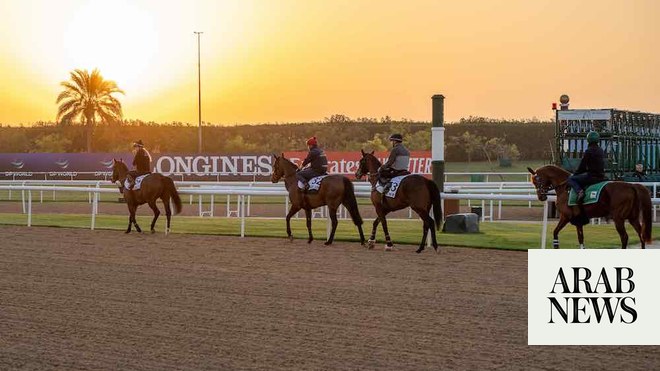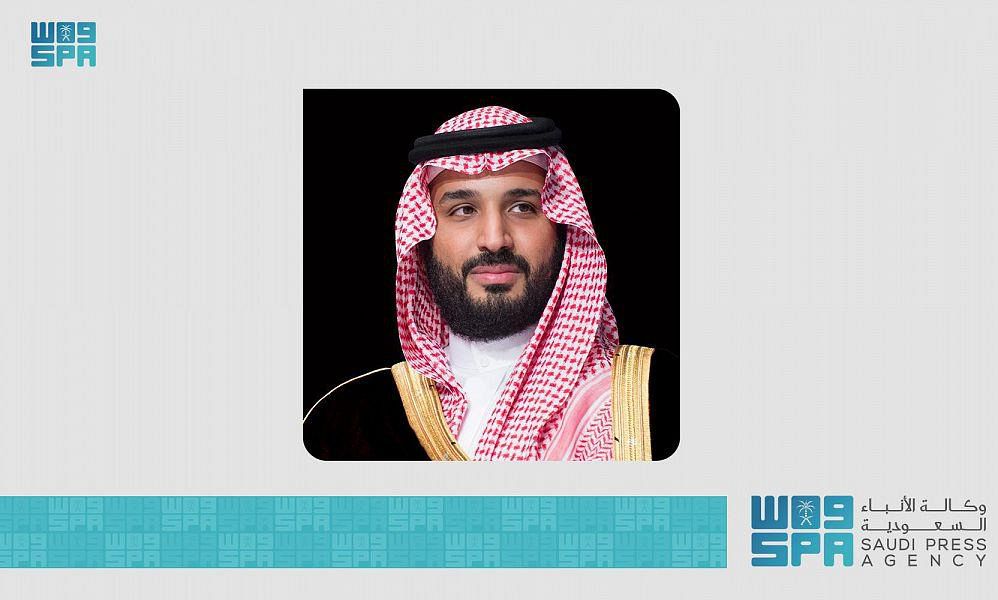
FBI indictments, arrests and the banning of disgraced former president Sepp Blatter in 2015 have added to FIFA’s woes
Qatar used substantial commercial deals via Qatar Airways and redeemed a $66 million debt held by the Argentine FA to help win over various members
LONDON: The decision to award Russia and Qatar the 2018 and 2022 World Cups has been lambasted as “the biggest corruption decision in the history of sport” at a conference in London on integrity in football.
The Foundation for Sports Integrity was launched on Thursday in reaction to corruption allegations that have plagued FIFA, centering on the 2010 vote. FBI indictments, arrests and the banning of disgraced former president Sepp Blatter in 2015 have added to FIFA’s woes.
Despite serious questions regarding its suitability to host a global tournament on such a scale, Qatar was unexpectedly voted by 14 members of FIFA’s now-defunct executive committee to host the 2022 showpiece, with Russia winning the 2018 bid.
Speaking on a panel discussing the controversial 2010 bidding process, German investigative journalist Jens Weinreich said: “It was the biggest corruption decision ever in the history of sport.
“The sheer level of money involved, what Qatar and Russia paid for different deals, was of a new scale. It shocked even people who were involved in other corrupt decisions in the years before.”
A report commissioned by the foundation, set to be published shortly, will detail how one executive committee member who voted for Qatar, Julio Grondona, allegedy received a mystery $4.8 million payment in the lead-up to the infamous vote. Grondona has since died. The foundation also alleges that Qatar used substantial commercial deals via Qatar Airways and redeemed a $66 million debt held by the Argentine FA to help win over various members of the committee.
British MP Damian Collins, chairman of the House of Commons culture, media and sport select committee, has been an outspoken critic of FIFA. “If there is evidence of corruption, (the awarding of the World Cup to Qatar) should be taken away and the tournament should be held along the lines of the 2020 European Championships with a number of different hosts,” he said.
It is far from the first time accusations have been levelled at the transparency and validity of Qatar’s bid.
The publication of the Garcia report in 2017, after its full contents had initially been suppressed by FIFA, detailed a $2.6 million payment to the daughter of Brazilian FA president Ricardo Texeira and how three senior figures were flown to a meeting in Rio on a Qatari-owned jet.
With just over four years before kick-off, Qatar’s suitability remains a major point of contention with the tournament now set to take place in November and December to avoid the health risks of playing in soaring summer temperatures exceeding 40 degrees.
Considerable work remains to be done on creating infrastructure for fans and players, and while building and renovation of the proposed eight stadiums has accelerated, questions have been raised about the treatment of migrant construction labor.
Former FIFA official Harold Mayne-Nicholls detailed his involvement in assessing the technical merits of the 11 countries who were bidding for 2018 and 2022 and how his team produced 30 glossy booklets which were sent to members of the FIFA committee ahead of the vote.
Qatar was deemed “high risk” due to the lack of transport and football infrastructure in the Gulf state, while the searing temperatures that players and fans would face in summer were a major concern.
But Mayne-Nicholls and his team’s report largely went ignored.
“I talked to a lot of committee members,” he said, “and I don’t think they even opened it. They had reached their conclusions before
I sent the report. They had taken their vote already.”
“The whole process is designed (to cover up) corruption and it is still there. The technical aspects do not decide,” said Weinreich. “You can easily design a transparent process to focus on the technical aspects. It’s easy. There are so many experts all over the world who can do that.”
Of the 22 committee members who voted on the 2018 and 2022 tournaments, 11 have either been fined, suspended or banned for life over various corruption offenses.
Simon Johnson, who led England’s unsuccessful bid for 2018, said: “The only bid that was indicated as high risk was Qatar. Therefore, within the limited power that they have, there was a flashing amber light pointing at the Qatar bid saying, ‘do not vote for this bid.’
“The fundamental problem with the whole process was the fact it was at the complete discretion of the committee members to decide on the basis of whatever criteria were important to them,” he said.












